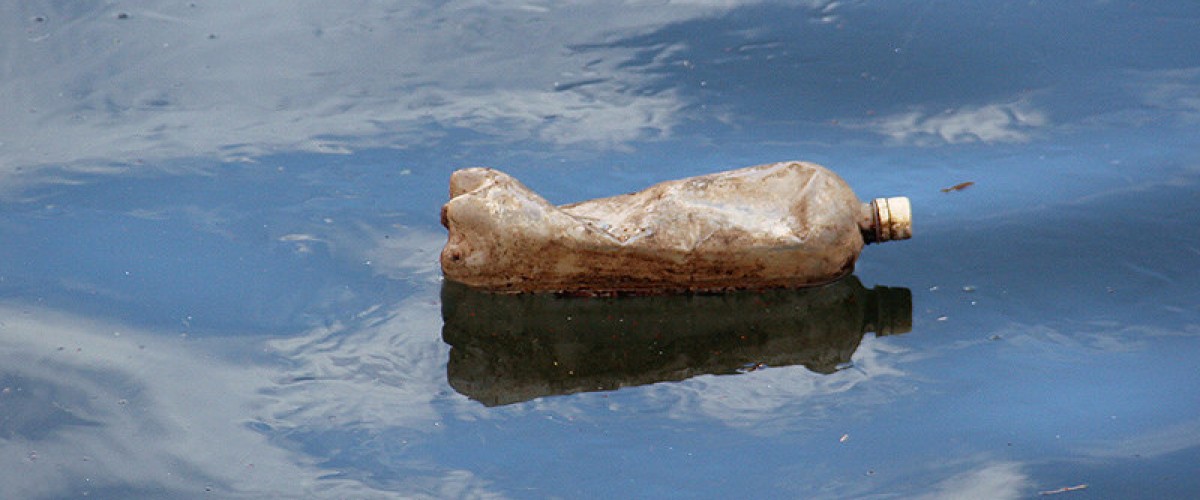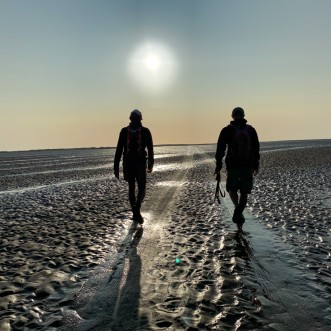The UK is home to beautiful and iconic rivers, lochs, and streams and a unique network of canals. They form our much loved blue spaces to walk beside, swim in, paddle and relax – which mounting scientific evidence shows is so important to our mental health and overall wellbeing. Some of our blue spaces, like chalk streams, form some of the rarest habitats on the planet. Unbelievably though all of our rivers are in a deep crisis from the effects of sewerage, agricultural pollutants, chemicals, heatwaves, urbanisation and more – they desperately need our help right now. This blog outlines the issues, who is repsonsible and what we can do to save our put the wild back into our much-loved rivers.
State of rivers
Rivers are critical in mitigating the impacts of climate change (floods and droughts) as well as being the home to some extraordinary wildlife. Yet none of our rivers are in overall good health and wildlife populations are suffering greater losses than in other habitats – 10% of our river species face extinction and 60% are in decline. All rivers fail chemical standards, and just 14% are in good ecological health. Worryingly only 12 out of 224 rare chalk streams have protected status.
Who is polluting our water?
Agriculture is the biggest offender, affecting up to 62% (over 2,300) of our rivers. In rural areas, fertiliser is the agricultural activity that has the greatest impact – affecting 36% of all river waterbodies; and poor livestock management, with respect to uncontained manure and slurry washing into rivers, affects 28%. Additionally, more than 3 million tons of topsoil are washed into rivers each year.
The second largest polluter is the water industry. The single activity with the most widespread impact on rivers is discharges of treated sewage effluent, affecting nearly 50% of our rivers. Impacts from raw sewage spills via storm overflows released into waterways, of which there were 403,171 recorded in 2020 for a total of more than 3 million hours in England alone, contributed towards 12% of river water bodies failing standards. As a whole, the water sector contributed more than half of our river water bodies (53%) failing to achieve good status.
What is happening to those responsible for water pollution?
Diddly squat is the short answer. Water is managed in the UK by a number of water companies that were privatised 30 years ago. Their performance is governed by a handful of organisations including Defra (which provides the legislative and policy framework); OFWAT (which sets price limits and has the power to demand that water companies invest more of their profits into infrastructure but were more concerned about increases in consumer bills); and the Environment Agency (which issues environmental permits and has the power to levy fines on water companies). Despite the presence of these organisations, years of serious underfunding of the government agencies in England and Wales has led to the following:
- In England, court actions against polluters fell by 98% from 235 in 2002 to just three in 2020 and prosecutions of polluting businesses have fallen by 88% in the last decade.
- In England, current funding levels mean that each farm can expect to be inspected only once every 263 years.
- Monitoring of river water quality has been halved resulting in much of the pollution caused by sewage and agriculture going unrecorded.
- Not a single penalty has been enforced against agricultural polluters since the introduction of the 2018 Farming Rules for Water, despite hundreds of proven cases.
- Just 3.6% of pollution complaints to the Environment Agency’s public hotline result in penalties for those responsible.
- In Wales, there are also countless examples of failure to impose sanctions.
In short the water industry has been allowed to pollute our rivers and ocean without redress
Actions we can take to stop river pollution
The above doesn’t make good reading but there are very impactful actions that we, as individuals, can take. Here are our top 3 actions:
- Big picture stuff
There are a whole load to fabulous organisations out there that work tirelessly for the health of our rivers. Why not add your voice (and hands) to any one of them by signing their campaigns, joining river cleans, donating to their work or becoming a citizen scientist. Here some of the larger organisations, but also look out for local grassroots organisations looking after your local blue space.
-
- The Rivers Trust – is the umbrella organisation for 63 member River Trusts throughout the UK who, along with volunteers, clean rivers, educate children, work on flood management schemes, restore wetlands, work with farms. There is plenty for you to help them with – more info here
- The River Action UK – work in partnership to address specific issues in rivers and catchments and campaign to restore the funding of government agencies across the UK tasked with the environmental protection of our rivers – more info here
- The Wildlife Trusts – there are 46 Wildlife Trusts across the UK that advise on, support and manage thousands of kilometres of watercourse; restore habitats; reintroduce wetland species like water voles and beavers – more info here
- The Canal and River Trust – care for a huge network of canals, rivers, reservoirs and docks as well as continually improve access to these blue spaces – more info here
- The Times Clean It Up Campaign – are campaigning along 4 key themes to strengthen the Environment Agency to fund prosecutions and reverse cuts to water sampling; bring forward the target date for improving three quarters of overflows discharging near sensitive sites; applying for hundreds of clean bathing sites by the end of the decade (the Environment Agency then has to monitor this water); and incentivising farmers to curb their pollution of rivers. More info here
- On the river
River degradation also occurs through the arrival of non-native species – those that have cause for concern for our ecosystems are the American crayfish, giant hogweed, Japanese knotweed, Himalayan balsam and American skunk cabbage amongst others that clog up our waterways and destroy native species. For this reason it is really important to clean your SUP, kayak or boat before entering the water to avoid the transfering these menaces into new waterways. Check for more information on identification of non-native species and how to wash your board here.
The other big action we can all take is to pick up plastic and other rubbish in the water and dispose of it responsibly when back on the land.
- At home
The term “the silent killer’ is used to describe the alarming levels of chemical pollution in UK rivers. Yes mostly from industry and agriculture but also from domestic sources too, so we do need to care about what we put down our drains. There are plenty of things that clog drains and sewers up (fat, eggshells, coffee grinds etc) and cost water companies money to sort out. Chemicals though not removed by water companies before wastewater is discharged into waterways. With over 30,000 chemicals used in household products, many are known as forever chemicals as they persist in our waterways and exert their effects for decades. So we can all make a difference by avoiding putting household cleaning chemicals, personal care products, decorating solvents/paints etc, pharmaceuticals, and garden chemicals down the loo, sink or drain.
Let’s all look forward to the day when we can go for a swim or fall off our boards safe in the knowledge that we won’t get the raging trots!


